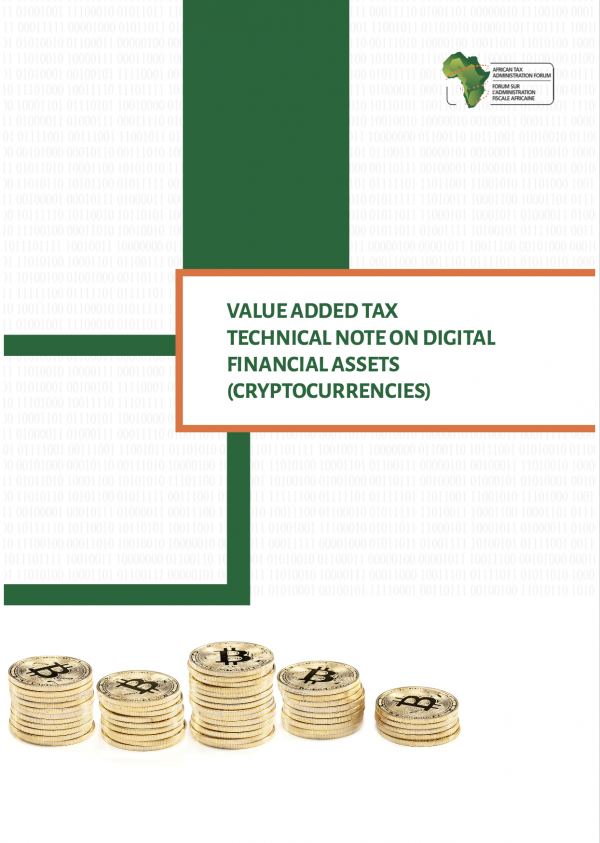
Value Added Tax Technical note on Digital Financial Assets (Cryptocurrencies)
Cryptocurrencies are virtual currencies that use cryptography to safeguard transactions that are recorded digitally on a decentralized ledger. Cryptocurrency transactions are recorded in a distributed ledger system like the blockchain which is a shared public database. The blockchain technology is based on a distributed ledger network which allows cryptocurrencies to be decentralised and operate via peer to peer network independent of any central authority or bank. All the procedures such as issuing, transaction processing and verification are managed collectively by this network.
Cryptocurrencies have not been granted the legal tender status in most jurisdictions; however, they are gaining general acceptance as means of payment for online transactions. Also, cryptocurrencies are held as assets for speculative purposes of making gains from the fluctuations in the value. In more recent times, entities use Initial Coin Offering (ICO) or Initial Token Offer (ITO) to raise capital. This is like Initial Public Offering (IPO) for stocks, but the difference is that investors are issued cryptocurrencies referred to as tokens.
The sources and uses of cryptocurrency give it various characteristics depending on the underlying transaction thus the VAT implications will depend on the substance of the transaction.
Examples of cryptocurrencies are: Bitcoin, Ethereum, etc.